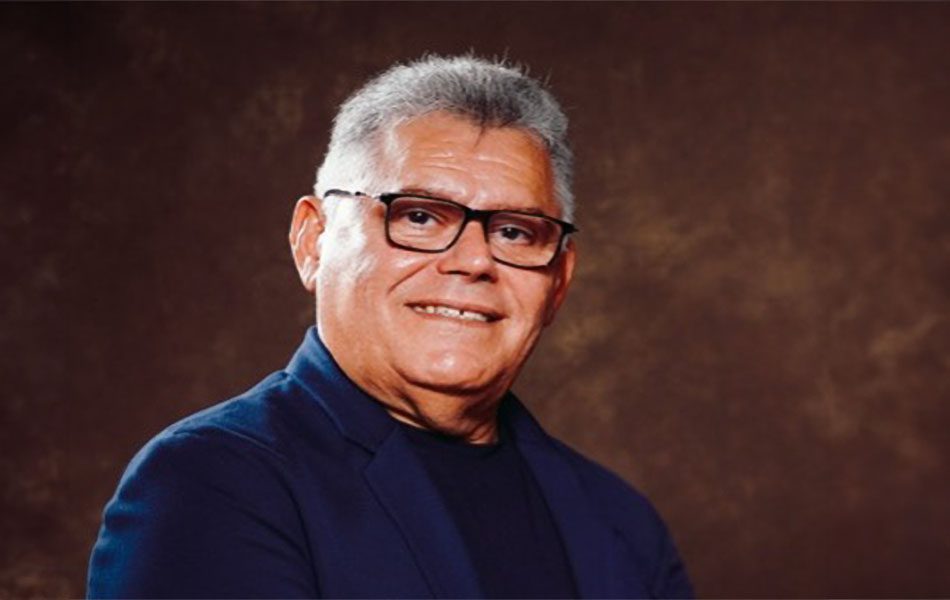Across the American educational landscape, shifting demographics and persistent achievement gaps are putting increased pressure on schools to adapt. Among the most pressing challenges is how to effectively support the growing population of immigrant and multilingual students entering K–12 classrooms each year. While public education systems attempt to provide inclusive instruction, many lack the tools, training, and capacity to address the nuanced academic and cultural needs of these students. As a result, countless learners, particularly those new to the United States, struggle with integration, academic engagement, and emotional well-being.
It is within this national context that New Time Education LLC prepares to open its doors in Miami, Florida. The forthcoming center will focus on supplementing traditional classroom instruction with a more individualized and culturally informed approach. The goal is to help immigrant and underserved students gain the skills and confidence needed to succeed academically while also promoting smoother social and emotional adjustment to life in the U.S. educational system. As public schools continue to face shortages of bilingual educators, school psychologists, and integration specialists, initiatives like this are positioned to play a crucial role in addressing critical service gaps.
New Time Education LLC is the result of more than four decades of educational experience, led by Marcos Ernani Mesquita, a longtime educator and administrator whose career has spanned classrooms and leadership roles in both public and private education. His vision is rooted in a commitment to equity and cultural understanding, principles shaped by years of working with students from diverse linguistic, socioeconomic, and cultural backgrounds. Through his work in school management and pedagogy, he became increasingly aware of how traditional systems often fall short in supporting those who require tailored learning strategies and emotional guidance. This new initiative represents his response to those challenges, bringing a career’s worth of knowledge to one of Florida’s most diverse urban areas.
As Mesquita sees it, the services planned for the center reflect a multidimensional understanding of what today’s students need beyond standard curriculum delivery. Academic intervention will address gaps in reading, writing, and mathematics, tied closely to individualized learning plans and continuous assessments. Students will receive support that acknowledges their past learning experiences and adapts to their current needs. Cultural orientation sessions and emotional counseling will further help young learners adjust to unfamiliar environments, particularly where language and classroom dynamics differ drastically from what they have previously known.
Toward this end, Mesquita and his firm’s efforts extend beyond students. Recognizing that educators are equally affected by these systemic pressures, New Time Education intends to collaborate with local schools to offer consulting and professional development. These programs will be designed to help teachers engage effectively with multilingual classrooms and implement culturally responsive strategies—an area increasingly recognized at the federal level but still difficult to access in practice.
Indeed, the center’s operations will be grounded in collaboration and data. Partnerships with schools will allow for shared academic monitoring, aligning supplemental instruction with institutional goals and improving continuity in student progress. Meanwhile, families, particularly those navigating a new country and educational structure, will receive support through engagement initiatives aimed at increasing their confidence in participating in their children’s academic journey.
Mesquita’s personal philosophy emphasizes not only academic achievement but also the broader development of each learner. “We cannot speak about education today without considering the emotional and social realities of our students, especially those arriving in a new country,” he explains. “Our goal is not to replace the classroom, but to extend its impact by meeting students where they are.”
The initiative aligns with national efforts to address educational inequities and the workforce shortages that hinder many school districts. As the U.S. Department of Education prioritizes support for underserved populations, the approach championed by New Time Education reflects a scalable, community-rooted model for improving student outcomes. By fostering integration, tracking academic progress, and strengthening school capacity, the center may serve as a template for similar programs nationwide.
In a time when U.S. education continues to face pressure from multiple directions—cultural shifts, policy changes, and post-pandemic recovery—the emergence of localized, responsive solutions such as New Time Education represents a crucial step toward more inclusive and effective learning environments. As the Miami center begins its journey, it carries the potential to influence not only individual lives but also the broader conversation about what education should look like in an increasingly interconnected and diverse society.





























